Jill the Baptist
Twinbrook's Reverend Jill McCrory serves as a face of the progressive -- and LGBT-inclusive -- tradition within the Baptist faith

Photo by Todd Franson
MW: Who was the first gay person you knew, and how did they come out to you?
MCCRORY: I love this question. So, the first person is going to be hard, because I was very young. My mother had a gay business partner. She ran a men’s store downtown at what was then the Statler Hilton, which is now the Washington Hilton. Her best friend was a lesbian, and two other friends were lesbians, who I always thought were married. I mean, I was brought up that these two women were a married couple. I mean, nobody ever used the word “married,” but they came to our house as a couple. I knew they lived together, I knew they loved each other, I knew they were a couple. They lived in another state. And so, I actually knew gay adults first. The first gay person in my peer group would have been friends in high school. My first gay friend was actually killed in the World Trade Center attack.
The first person who came out would have been Eugene, in high school. He was very comfortable with his sexuality, and he came out to everybody. He wasn’t closeted. I’m sure there were other gay people in that crowd, but he’s the one I remember, because he was the most out. And he was such a delightful person. He had an incredible singing voice, and he would stop in the middle of Woodrow Wilson High School and start belting out “If I Were a Rich Man.” We all remember it today. When he was killed at the World Trade Center, there were about five of us who got online and said, “Oh my God, do you remember when he used to sing in the halls?”
MW: Did you ever, at any point, hold or consider holding homophobic views? Or doubt your stance?
MCCRORY: No. Because gay people were just people. I was raised with both gays and lesbians. They were just people to me. So it would have been a new discovery to find out that in some way they were “less than.”
I mean, I wasn’t a stupid kid. Looking back on it, my mother’s business partner was probably way closeted as a young man in D.C. I never saw him with a partner. His birthday was a day after mine, so every birthday party I had, there was an adults’ party for Frank afterwards. Looking back, I think he was probably very closeted. But at the time we’re talking ’56 to ’65 — he was probably 29 — it would have been difficult to be out.
MW: They still would have been arresting people, even in D.C.
MCCRORY: Yes. And doing the bar raids, and sitting outside and watching.
MW: What has been your experience with your views on LGBT equality meshing with other more conservative churches? Did you find those views clashed? Or were they just not talked about?
MCCRORY: In the Southern Baptist church, I didn’t talk about it — I was afraid to talk about it. I was afraid that if I told them I was preaching at MCC, they’d hit the floor on their knees. They’d be praying for my soul. I had a conservative pastor tell me, “You have to make a choice between ministry and those people.” And I said, “You don’t understand. My ministry is those people.” I don’t want that misconstrued. While a conservative would say, “My ministry is changing them,” my ministry is not to change the LGBT community, my ministry is to minister and welcome the LGBT community and assure them that they are children of God. But I was told, “You have to make a choice.”
Here is the most important thing I’ve learned, and I learned it from Rebecca Vogel, who used to be with the Gay and Lesbian Task Force: the church folks who speak against homosexuality have learned this from their parents, their grandparents, their pastors, their youth leaders, people they trust. And when you start trying to talk to people that have been told what they feel are truths by people they trust, it is like me telling you “I am wearing the color orange right now.” And you’re like, “That’s green.” No. When you’ve been told things by people you trust, trying to have those conversations about “You’ve been taught wrong” has to be done very delicately, with a lot of respect.
MW: Did you lose any churchgoers because of your approach to LGBT inclusion?
MCCRORY: As any congregation in a transition, we lost some. The folks that left with the most ethics were my most conservative people. I had a couple that were Southern Baptist, and they said, “We want a Southern Baptist church, and we know this isn’t going to be Southern Baptist.” But we talked, and we agreed that we all really liked each other, and I tried to convince them to stay and disagree, but they wanted a Southern Baptist church. So that’s fine.
But the folks that stayed have welcomed our LGBT members, and we’ve had straight members join, too. We’re probably the only Baptist church that’s referenced on a cross-dressing website as a safe place to be, and I’m proud of that. I want to be the safe place where you can find Jesus, no matter who you are. And if you’re not ready to find Jesus, that’s fine, too. You’re on the journey.
Again, one of our big things is questioning. That’s the other thing I was told by a pastor. So I go to seminary and I started finding out all this scholarly stuff, and I’m like, “Nobody ever taught me this.” I went to my pastor at the time and asked, “Why didn’t y’all tell me this?” And he said, “You can’t preach this from the pulpit.” And I said, “Watch me.”
And that was the other two-by-four — being told you can’t bring the scholarly to the pulpit. And I said, “Yes I can. I will.” So the two two-by-fours were when I felt called as an ally to welcome the LGBT community, and when I felt called to bring the scholarly conversation into the church without fear.
MW: How did you become involved in the marriage equality fight in Maryland. Who reached out to you?
MCCRORY: I was pulled into the fight through pastors I knew in D.C., when they did D.C. Clergy for Marriage, because I knew those folks. So I went down and I testified. I was primed for it. I was involved in Equality Maryland — I think they called it “Pride in Faith,” but it was their faith group. So, Equality Maryland pulled me in.
I was initially introduced to Equality Maryland because I read an article in The Gazette that Love Won Out, the ex-gay group where they turn you back to being straight, were going to be at some church, and this thing called Equality Maryland was going to have a picket line. And my husband read it, and I read it, and he said, “I want to go. Those people are making me crazy.” So I called Dan Furmansky and said, “I’m a Baptist minister in Maryland, and my husband and I want to know if we can come picket with you.” And Dan says, “Oh my God, come talk to me.” And so we picketed and I got involved. And then [former Equality Maryland Executive Director] Morgan [Meneses-Sheets] asked me, “Would you come to Annapolis and testify?” I don’t know if it was [Attorney General Doug] Gansler who was about to interpret the law that Maryland should recognize same-sex marriages from other states, even though we didn’t have same-sex marriage. He was about to rule on that. And this delegate —
MW: Emmett Burns?
MCCRORY: Yes. He was offering legislation to block it in some way, and I don’t remember the details, but, anyway, because he was a Baptist pastor, they called me and asked me to testify as a Baptist minister. And I came, and my whole testimony was, “With all due respect to my Baptist colleague here, I’m a Baptist minister who does not agree with him. And here’s why.” And so I was that straight Baptist girl they’d bring in. I would try to share that it’s really about love, not being Baptist.
MW: You also married a gay couple on stage at Capital Pride.
MCCRORY: Yes, I did. It was the year we won marriage in D.C., June of 2010. They’d been together 30 years, and I get this call. They lived next door to someone who went to Open Door MCC and they wanted to get married on the anniversary of their meeting, which happened to be the Sunday of the Pride festival. Evidently, they had set something up with an Episcopal priest, and then that person was told by their church they couldn’t marry them. So they call me and said, “Hey, our next door neighbor says you’re a cool pastor, and that you’d be willing to marry us.” And I said, “Absolutely. When?” And I thought, “Oh, crud. That’s the festival date.” I said, “I have got to be down at the festival. Where is this planned for?” And they said, “Actually, we have nobody but us.” I said, “There’s no guests?” They said, “No, it’s just us.” And I said, “Where do you want to get married? I can meet you somewhere downtown,” and they didn’t know. And then, just something, I said, “Would you want to get married at the festival?” “Yeah, that would be cool.”
I used to go down to Omega and minister to the girls at Omega, because I knew some drag performers, and I used to minister to them in the alley back there, on occasion, until I got too old to stay up that late. So, I called Big Daddy [J.P. Gulla]. I knew he ran the Rainbow Stage. I said, “Listen. Do you think you could give me like 20 minutes on the stage?” And he said absolutely. And actually one of the performers who was going to our church gave up her slot for me. So we arranged it. And then I get a call from the festival: “I understand you’re doing this wedding on the Rainbow Stage.” I said, “Yeah.” “Could you come over to the festival stage after? We’ll send golf carts for you. We want to introduce them.”
So I had never met them. They had been together 30 years, so I wasn’t doing marriage counseling or anything like that. I knew they weren’t 20 years old, but I had no idea. First of all, we had The Washingtonian, all this press was there, AARP and PBS were doing some special, and they said, “Can we mike you? We’re going to have cameras….” And so here they come, and one is on a walker. He’s 83 years old. And the other one’s 65. They start announcing this thing like every 15 minutes leading up to it, and by the time we did it, there were so many people. And as soon as I said, “Dearly beloved…” the place went nuts.
At the end, I lifted up the marriage license and said, “By the power invested in me by the District of Columbia,” and everyone is screaming. When I said “You may kiss,” everybody kissed. So then they whisk us over to the main stage. And I was a real goofball, because they said, “Pastor Jill, do you want to say something?” And I said, “I want to marry you all!” I sounded like an idiot. I often do that.
A few years later, the older gentleman was declining and on his deathbed. He said, “That was the most incredible day of my life.” And I did his funeral, and we talked about how that was so special to him, that after 30 years, he was able to marry his partner. I was excited to do it. It meant a lot to me. Obviously, it meant a lot to him.
MW: Within Baptist conventions, do you feel there are coming schisms over the issue of LGBT rights?
MCCRORY: The issue when you start talking about Baptists is that, unlike Catholics, Presbyterians, Episcopalians, Methodists — where basically it’s “a Methodist is a Methodist is a Methodist” — Baptists have a spectrum. Everything from the ultra-conservative Southern Baptists to the ultra-progressive Alliance of Baptists, and everything in-between. So, unlike the other denominations, we’re already split. That’s why we have different flavors.
I think what we’re seeing is more of the moderate Baptists in the middle of that spectrum becoming more informed, enlightened and moved to see the inclusion of the LGBT community. I think the Southern Baptists, although the theology may not be there yet, I think they’re understanding some of the justice issues now.
AWAB had a meeting with the Southern Baptists. Our executive director, Robin Lunn, met with several other groups and them to talk about the issue of the Southern Baptist Convention pretty much condoning parents throwing their children out of the house because they said they were gay. Robin and these other leaders spoke to them, saying, “It doesn’t matter what your theology is. It is wrong to throw children out of the house.” They become prostitutes, they get killed, they are starving in the streets, they’re homeless, they become drug addicts. I mean there’s all that children at-risk conversation, right? Why would you put your children at risk? And so there was agreement that, although their theology had not changed, it was not right to condone throwing children out of the house to fend for themselves on the streets just because they came out as gay, or they told you they were gay, or you found out they were gay. So I have some hope in that.
MW: Do you minister to other groups outside of Twinbrook Baptist now?
MCCRORY: Well, I’m pretty busy here. And, of course, with Maryland, I don’t have to go to Annapolis these days. But I mean, anything that has to do with justice. The church is part of what is called Community Ministries of Rockville, part of over 20 churches that help with the economic needs of housing, food, medical clinics. We feed people. We work with Nourish Now, a food rescue organization. We try to help the community. I’m trying to work with the Straight-Gay Alliance at Rockville High School. We’re hoping to have them at a couple of events, and make a home away from home here for them. I offered our facility to them for the summer, when they don’t have the school to meet in.
And the other thing we’ve done was the Transgender Day of Remembrance. Traditionally, it’s been held in Baltimore, and there was a group of us who felt we needed a Montgomery County site. It’s an opportunity for us to not only to bring in the transgender community, but the rest of the community to say there is no justice in killing people because their gender doesn’t match the idea of what you think their gender should be. There’s no justice in hurting and killing people because of their gender expression.
MW: To conclude things, talk about the “brand” of the Baptist tradition.
MCCRORY: The Baptist “brand”? As soon as you say Baptist, people think of the most conservative group in America, so people say, “Let’s take Baptist out of the name of the church.” Let’s just be Twinbrook Community Church or Rivers of Hope, or Christ’s Blessing, or whatever they come up with. And I say, “No. I am not going to be held hostage by the conservative Baptists that would make me not be Baptist.” I believe in that book with the freedoms. We are Baptists and I’m not going to give up that name, because there’s so many people in my travels, that I met before coming here, at MCC, and Believe Out Loud, who said, “I was raised Baptist, and if I could be a Baptist, I’d be a Baptist again.” There’s something about being a Baptist.
MW: But how do you change the brand?
MCCRORY: You have to reinvent your brand, and say, “This is who we are.” And so, we’re trying to visually, through what we do in our witness, and through being out there, and saying, “We’re Baptists, but we’re the other kind of Baptists, the cool Baptists.” And that’s why we advertise as “Always Provocative!” We are the provocative Baptists, and it’s okay.
Twinbrook Baptist Church is located at 1001 Twinbrook Parkway in Rockville, Maryland. For their worship schedule, call 301-424-6524 or visit twinbrookbaptist.org.
-30-
Support Metro Weekly’s Journalism
These are challenging times for news organizations. And yet it’s crucial we stay active and provide vital resources and information to both our local readers and the world. So won’t you please take a moment and consider supporting Metro Weekly with a membership? For as little as $5 a month, you can help ensure Metro Weekly magazine and MetroWeekly.com remain free, viable resources as we provide the best, most diverse, culturally-resonant LGBTQ coverage in both the D.C. region and around the world. Memberships come with exclusive perks and discounts, your own personal digital delivery of each week’s magazine (and an archive), access to our Member's Lounge when it launches this fall, and exclusive members-only items like Metro Weekly Membership Mugs and Tote Bags! Check out all our membership levels here and please join us today!








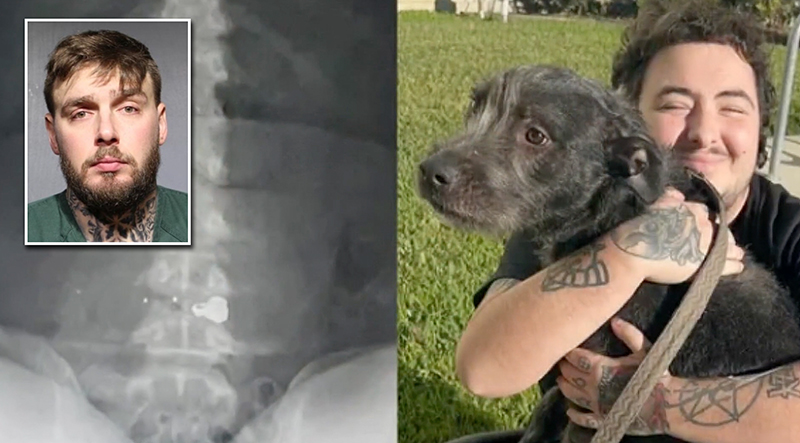
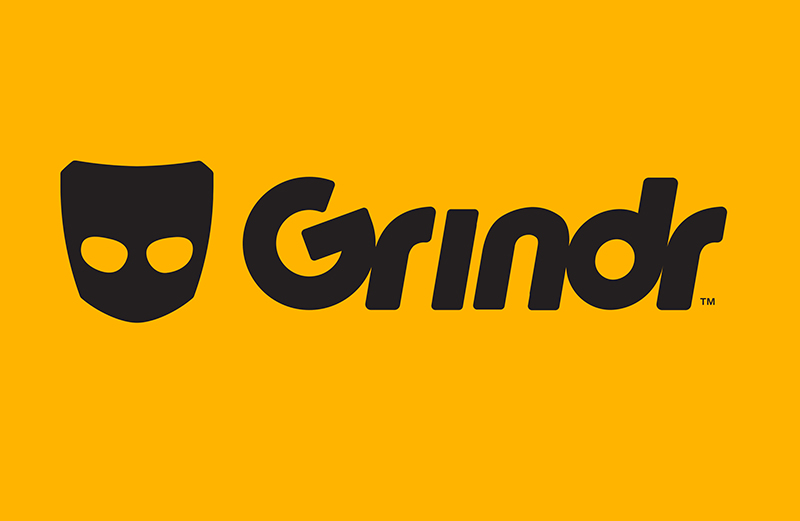
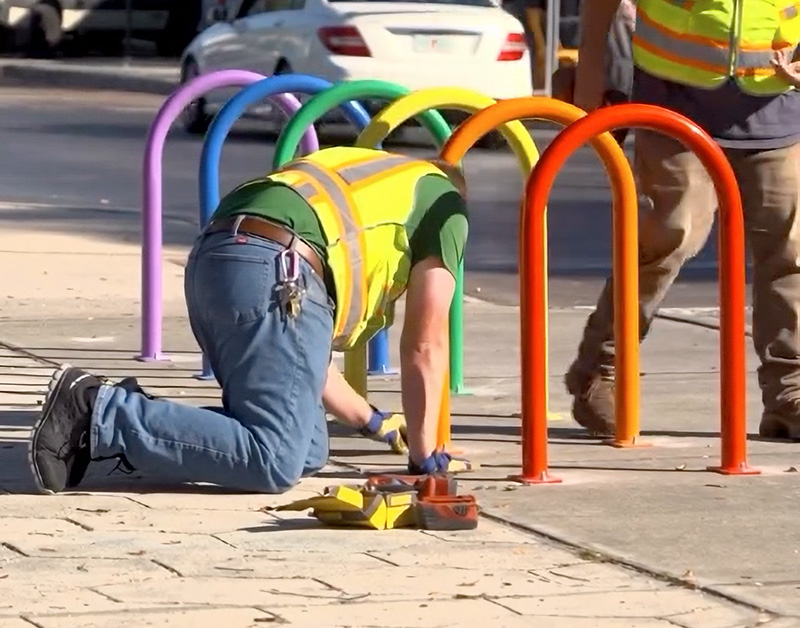















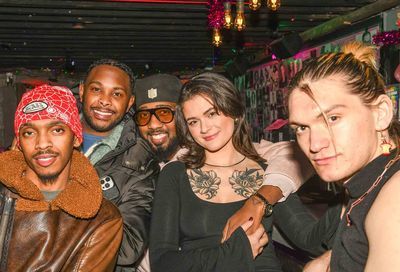
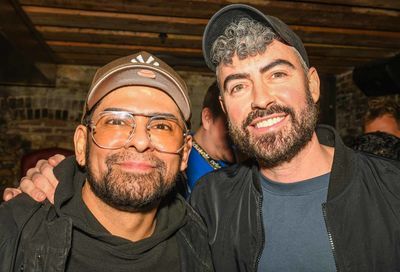
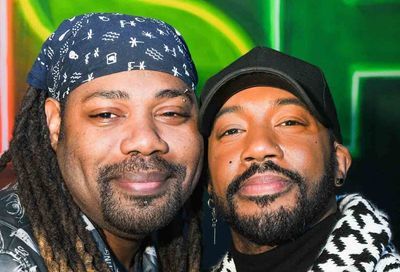
You must be logged in to post a comment.